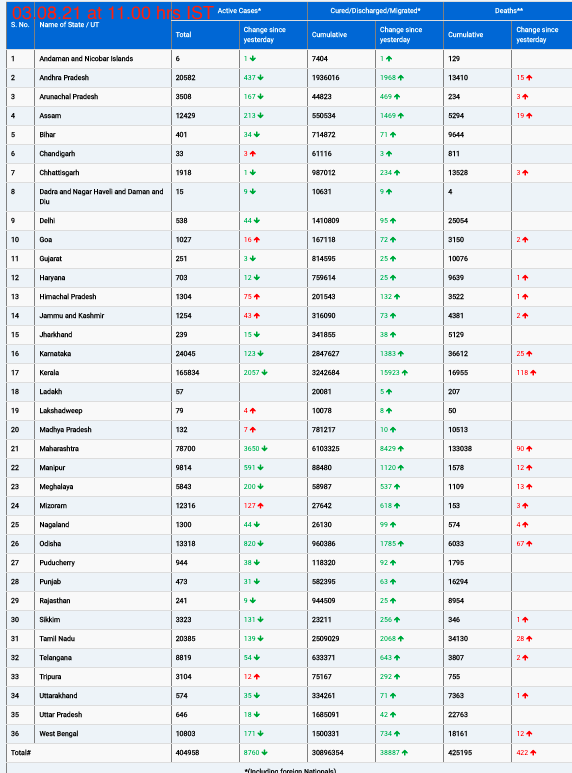Jena, Germany — August 31, 2024
In a groundbreaking study, researchers from the Leibniz Institute for Natural Product Research and Infection Biology (Leibniz-HKI) in Jena have discovered that sodium chloride, commonly known as table salt, can significantly enhance the activity of specific immune cells in the fight against cancer. Led by Christina Zielinski, this research offers new insights into how a simple component of our everyday diet could play a pivotal role in future cancer therapies.
A New Chapter in Cancer Treatment
Historically, cancer was often considered a death sentence, but advancements in research have dramatically improved survival rates and quality of life for many patients. Among these advancements, adoptive T-cell therapy has emerged as a powerful tool. This method involves modifying a patient’s own T cells—critical components of the immune system—to specifically target and destroy cancer cells. However, the efficacy of these modified T cells is often hampered by the immunosuppressive environment of tumors.
In their quest to overcome this challenge, Zielinski and her team have identified a novel factor: sodium ions, a component of sodium chloride, can enhance the metabolic fitness of T cells, making them more effective in combating cancer.
The Role of Sodium in Boosting T Cells
The research team discovered that tumors, such as those found in breast cancer, often have higher concentrations of sodium than healthy tissue. This elevated sodium environment appears to invigorate T cells, particularly CD8+ T cells, which are crucial in recognizing and killing cancer cells. Patients with tumors in high-sodium environments also demonstrated longer survival times.
“We were able to show that sodium enhances the immune response of CD8+ T cells,” said Chang-Feng Chu, a lead author of the study. CD8+ T cells are known for their ability to target and destroy tumor cells or cells infected with viruses. Previous studies had already established sodium’s role in regulating other T cell types involved in autoimmune diseases and allergies. The team’s current focus was on how sodium specifically impacts the activity of human CD8+ T cells.
Experimenting with Salt-Enhanced T Cells
To explore this effect, the researchers pre-treated human T cells with salt before exposing them to tumor cells in culture. They also conducted experiments on mice, where pancreatic tumors were observed to shrink after the mice were injected with these salt-pretreated T cells.
The results were striking: the salt not only improved the T cells’ metabolic fitness—boosting their uptake of sugar and amino acids, essential for energy production—but also made them more effective at eliminating tumor cells.
The Mechanism Behind the Magic
But how does sodium exert its influence within the cell? According to the researchers, sodium ions increase the activity of the sodium-potassium pump on the cell membrane of T cells. This triggers a change in membrane potential, which enhances the activation of the T-cell receptor, a critical step in the immune response. Additionally, sodium helps prevent T cells from becoming exhausted too quickly, thereby sustaining their cancer-fighting capabilities for longer periods.
Implications for Future Cancer Therapies
While this discovery is promising, it does not suggest that patients should start consuming more salt in their diets. Instead, the researchers propose that in the future, T cells could be pre-treated with sodium chloride outside the body before being reintroduced into patients as part of adoptive T-cell therapy. This approach could potentially enhance the effectiveness of these therapies in treating not only cancer but also infectious diseases requiring robust immune responses.
The phrase “rubbing salt into the wound” might soon take on a whole new, positive meaning in the context of cancer treatment, highlighting the potential of something as simple as table salt to revolutionize how we fight this deadly disease.
This study, titled “Sodium chloride in the tumor microenvironment enhances T cell metabolic fitness and cytotoxicity,” was published on August 28, 2024, in Nature Immunology. The findings mark a significant step forward in understanding how we can harness the power of our immune system to battle cancer more effectively.











